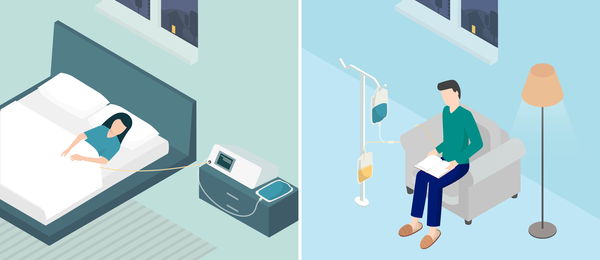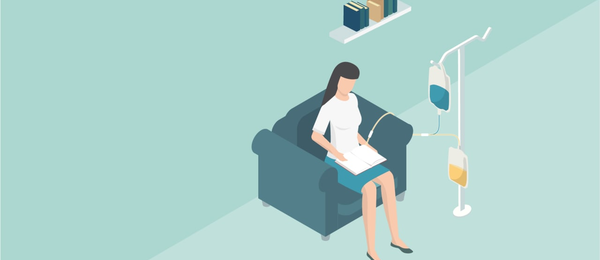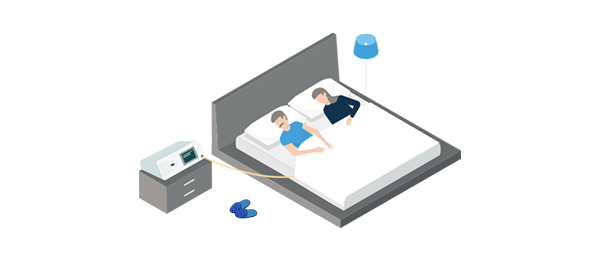Conservative care

What is conservative care?
Conservative care for end stage kidney disease (ESKD) patients means that your healthcare team continues your chronic kidney disease (CKD) treatment without dialysis or a kidney transplant. Conservative care does not cure your CKD, the emphasis of conservative care is on maintaining your quality of life and improving symptom management. If you wish to continue your CKD treatment journey with conservative care, your health care team will assist you to create a personalised plan to cater to your needs.

What may be the reason for choosing conservative care?
Some chronic kidney disease patients can be diagnosed with other critical conditions, such as heart failure or cancer. For such CKD patients, kidney failure forms only a part of their disease burden, and as such, the subsequent start of dialysis may not increase their survival. In addition, for CKD patients who are very old or frail, symptoms like fatigue, restless legs, poor appetite, painful joints, sleep disturbances and dementia may persist even after starting dialysis.

How does one choose conservative kidney management?
CKD patients, together with their caregivers, should have early and ongoing conversations with their doctors regarding their treatment plan. The discussion should provide the patients and caregivers with a balanced view of all the CKD treatment options available to enable patients to make an informed decision. The final decision should be a shared decision between the patients, caregivers, and doctors.
Conservative care can be considered an option during any or all of these discussions. Should you wish to pursue conservative care, you may wish to update your Advance Care Directive with your conservative decision, to ensure your wishes are adhered too.

What happens after CKD patients select conservative care?
The patient’s healthcare team will advise patients on how to slow down their chronic kidney disease progression and maintain urine output. Patients should also consult their doctor before taking any over-the-counter medication, supplements, or herbal products, as these products can potentially harm their kidneys.
Who can provide conservative care to chronic kidney disease (CKD) patients?
Conservative care is managed by a dedicated team of healthcare professionals made up of doctors, nurses, pharmacists, dietitians, psychologists, and physiotherapists to provide the patient with holistic, personalised care. The team will advise on the best care plan to achieve the goals of conservative care, i.e., managing symptoms and preserving remaining kidney function while maintaining the patient’s quality of life. Conservative care can take place in the hospital, at a hospice or at home. Some hospitals may even offer regular home visits by nurses to closely monitor patients’ conditions and disease progressions.
Can patients on conservative care switch to other CKD treatment options?
CKD patients who are on conservative care should be given the flexibility to switch to any other treatment option at any point in their therapy.
Subscribe to My Kidney Journey Newsletter
Sign up now to receive exclusive content on kidney disease, treatment options, lifestyle tips and inspiring patient stories.
Where to go next?

Peritoneal dialysis (PD) at home
Peritoneal dialysis (PD) is a type of dialysis which can be done at home. We explain more on PD.

Continuous ambulatory peritoneal dialysis (CAPD)
CAPD can be performed at work, home or during travel.

